With diabetes and sugar metabolism becoming top health concerns across the world, with doctors blaming lifestyles for the surge, Firstpost brings out a doctor’s view on how to deal with them and live a healthier life read more
)
Artificial sweeteners aren’t so good to be used on a daily basis. And as the European study says Xylitol may cause Blood clots leading to heart attack and stroke.
India has more than 100 million diabetics and over 136 million pre-diabetic people, prompting the Indian Council of Medical Research (ICMR) to dub the country as the diabetes capital of the world. Living with disturbed sugar metabolism is a reality which an urban India has to live with. To understand issues related to sugar metabolism, diabetes and their management, we spoke to Dr Bimal Kumar, Bangalore-based physician. Excerpts:
Sugar is sweet but why is it considered worse than fats? What does an elevated sugar level do to the body?
Sugar is sweet because our taste buds like them because of evolutionary reasons. Sugar gives us instant energy in calories. It powers our cells that make up all the muscles and tissues, and it is the fuel that the brain uses to function. But sugar-lovers take too much sugar, resulting in a lot of weight gain. Later on, they become obese. Obesity is one of the factors that are closely linked with diabetes, particularly type 2 diabetes.
However, it doesn’t matter what type of diabetes one has, it can lead to excess sugar in the blood. Whatever you eat, its end-result essentials that the body uses are carried by the blood. But the body has evolved to function in a particular range of vitals.
In the case of sugar-producing foods, insulin takes care of its levels in the blood. Insulin helps sugar enter individual cells, lowering its levels in the blood. Diabetes is a health condition when this balance is disturbed and the amount of insulin, secreted by pancreas, is unable to bring the sugar or glucose levels in the blood. And if too much sugar is there in the blood, it can lead to serious health problems.
If an obese person or somebody with any type of diabetes goes on taking sugar but doesn’t do enough physical work, the invariably will be high sugar levels in the blood. High levels of sugar in a diabetic person can cause heart attack, brain haemorrhage and other serious diseases.
Do sugar levels remain uniform throughout the 24-hour cycle? Some people say their sugar levels are high in the morning and normal during the day. Why is it so and should they be worried?
No, sugar levels are usually not uniform throughout the day. Usually, sugar levels are high after you eat something but they fall back in the normal range after about one hour. Generally, blood sugar levels are at the lowest before the first meal of the day.
The best way to keep your blood sugar levels in check is to do physical exercise. But if someone finds morning sugar levels consistently high, they should consult a doctor. Among diabetic people, anti-diabetic medication may cause high blood sugar levels in the morning. If one takes the medicines and has dinner early, the next morning sugar level may rise. But don’t worry, your doctor will control it.
People usually turn to artificial sweeteners as an alternative choice. But a study published recently in the European Heart Journal says that xylitol, a popular sugar substitute, may cause blood clots, raising the risk of serious cardiovascular situations including heart attacks and strokes. Are artificial sweeteners harming us?
Artificial sweeteners aren’t so good to be used on a daily basis. And as the European study says Xylitol may cause Blood clots leading to heart attack and stroke. Even the WHO (World Health Organization) says that continued consumption of artificial sweeteners doesn’t reduce weight but can increase the risk of type 2 diabetes, cardiovascular diseases and mortality in adults.
We can reshape our dietary habits. Fruits like bananas and apples with peanut butter, watermelon, muskmelon are far better alternatives to sugar. Dark chocolates, sugar-free chewing gum, berries, chia seeds, oats, sweet potato, quinoa, buckwheat, brown rice, coconut oil, dates and yogurt are other alternatives to meet your daily sugar needs. Vegetables like cauliflower, cabbage, broccoli and zucchini also contain a lot of fiber and are good for our overall health.
What are the long-term effects of using artificial sweeteners for people with diabetes and those who use them assuming them as healthier alternatives to sugar?
Five Artificial sweeteners are commonly used — stevia, erythritol, xylitol, yacon syrup and monk fruit. But increasing volumes of studies in the past few years indicate that such sweeteners may induce serious cardiovascular problems, ultimately leading to heart attacks and strokes. So, in my opinion, take sugar in limited quantities and choose healthier substitutes described earlier. Avoid sugar and lethargy. You have got 24 hours to spend in a day, give one hour to walking, running, cycling or any other physical exercises that you like to keep yourself fit and healthy.
We hear all the time about Type 1 and Type 2 diabetes. What’s the difference and is any of them preventable?
Type 1 diabetes is a T-cell mediated autoimmune disease involving destruction of beta cells of pancreatic islets and symptoms of disease starts when 80-90 per cent functional capacity of beta cells is lost. Type 1 diabetes is linked to genetic factors. Type 1 diabetes is also called Insulin-dependent diabetes because such people are dependent on insulin injections.
Type 2 diabetes is essentially a lifestyle disease. It is mostly seen among obese people and is usually associated with hypertension and elevated levels of low density lipoproteins, cholesterol and triglycerides. Usually persons taking care of their body’s complete fitness don’t get type 2 diabetes. One more relevant factor is mental stress. It’s cliche but as they say along with physical fitness, try to avoid mental tension. So, take food as per the demand of your body and always strain your muscles, not your brain.
It’s estimated that more than 50 lakh diabetic Indians are dependent on insulin to reduce their sugar levels. What happens to sugar that is removed from the blood after someone takes insulin? Does it get flushed out of the body or get deposited in some other form in the body?
Actually, Insulin neither flushes out glucose from the body nor deposits it in other forms in the body. Insulin helps sugar travel from the blood to liver cells, skeletal muscle cells and adipose tissue for proper utilisation.
In a normal body, pancreas releases insulin into the blood so that the cells get sugar, their fuel, to function. A diabetic body needs the supply of insulin from outside. We inject it and the hormone does what it does — sends excess sugar from blood to body cells to power them. It doesn’t get flushed out or deposited in other forms unless you supply your body with excess sugar. In such cases, sugar will get converted into fats such as cholesterol. It is not exactly because of the insulin you take or the body produces but because of the body’s own mechanism.
If insulin removes extra sugar from the blood and sends it to cells, which need the compound as energy, can a diabetic person consume more glucose or carb-rich food?
The answer would be, “no”. A diabetic person cannot consume more glucose and carbohydrates because they want to take it unless they are on a self-annihilation mission. Doctors prescribe doses of insulin as per the patient-body’s requirements of sugar and carbohydrates. A good patient listens to their doctor.
How often should diabetic people monitor their blood sugar levels? Is Hb1C a better way to monitor the condition of diabetes?
Every human body is different. Depending on several factors, a doctor advises their patients when and how many times to measure their sugar levels. More importantly, besides routine monitoring, a diabetic person should take care of their other symptoms as well. If the frequency of urination along with thirst increases specifically after dinner or a wound develops or fever or some other disease happens, it is important to consult your doctor despite doing your routine monitoring of sugar levels.
As for the Hba1c test, it is an important tool to determine diabetes and its progression in a person but it is not the sole basis of judging sugar metabolism of a body. But since it is advised at an interval of about three months, it paints a fairly good picture of diabetes management in a patient.
Is diabetes really reversible? Should people consult the mushrooming clinics claiming to have revered it?
Type 2 diabetes is a lifestyle disease. lf type 2 diabetic people change their lifestyle completely, especially in the pre-diabetic and gestational diabetic stage, diabetes can be reversed. Though I have not seen a patient who has reversed his or her diabetes. But theoretically, it is possible for type 2 diabetes in early stages. Once achieved, such people can follow a healthier lifestyle and remain medically fit by following the advice given earlier in the interview.
Are some people more vulnerable to diabetes or poor sugar metabolism? How can they keep their sugar levels in the normal range?
As I have been emphasising, type 2 diabetes is a lifestyle disease. This means some people could be vulnerable to it if they follow a sedentary and high-stress daily routine. I have seen several cases in which the son has managed to keep diabetes away despite his father being diagnosed with the disease around 40 years of age. I have also seen non-diabetic families having sons and daughters developing diabetes due to poor lifestyle. The formula for living a diabetes-free life is simple — eat as per your body’s needs, avoid extra sugar and junk food, reduce mental tension and spare time for your leisure and physical exercise daily.

 2 months ago
38
2 months ago
38

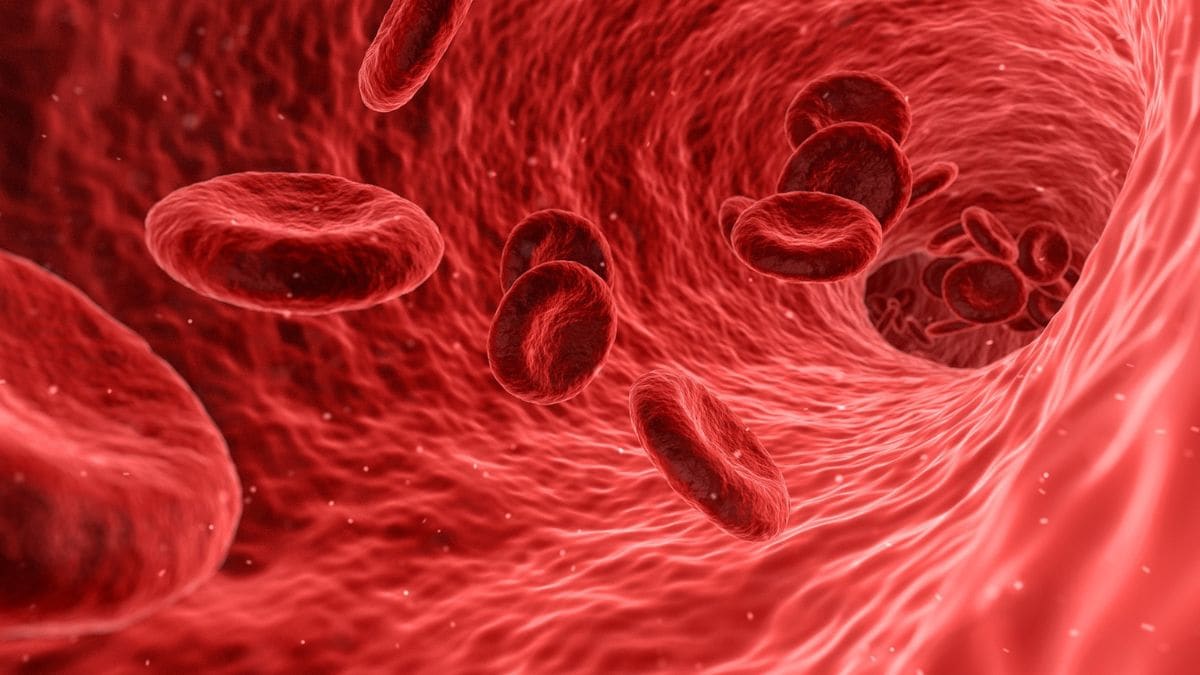

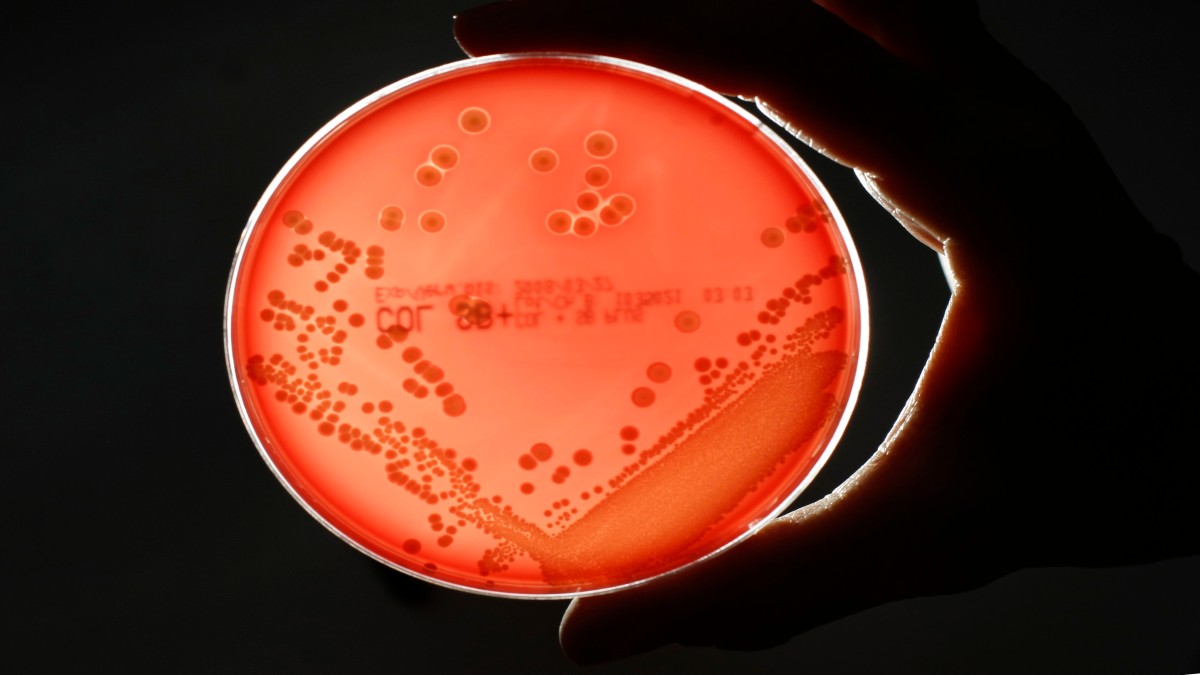
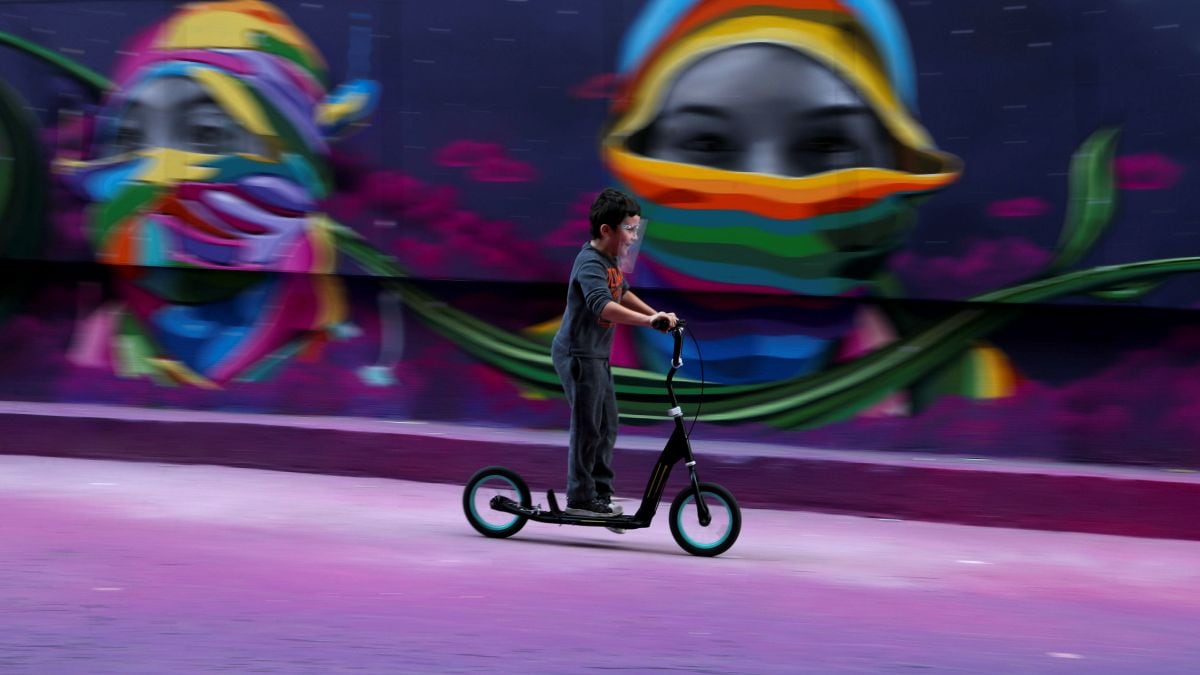

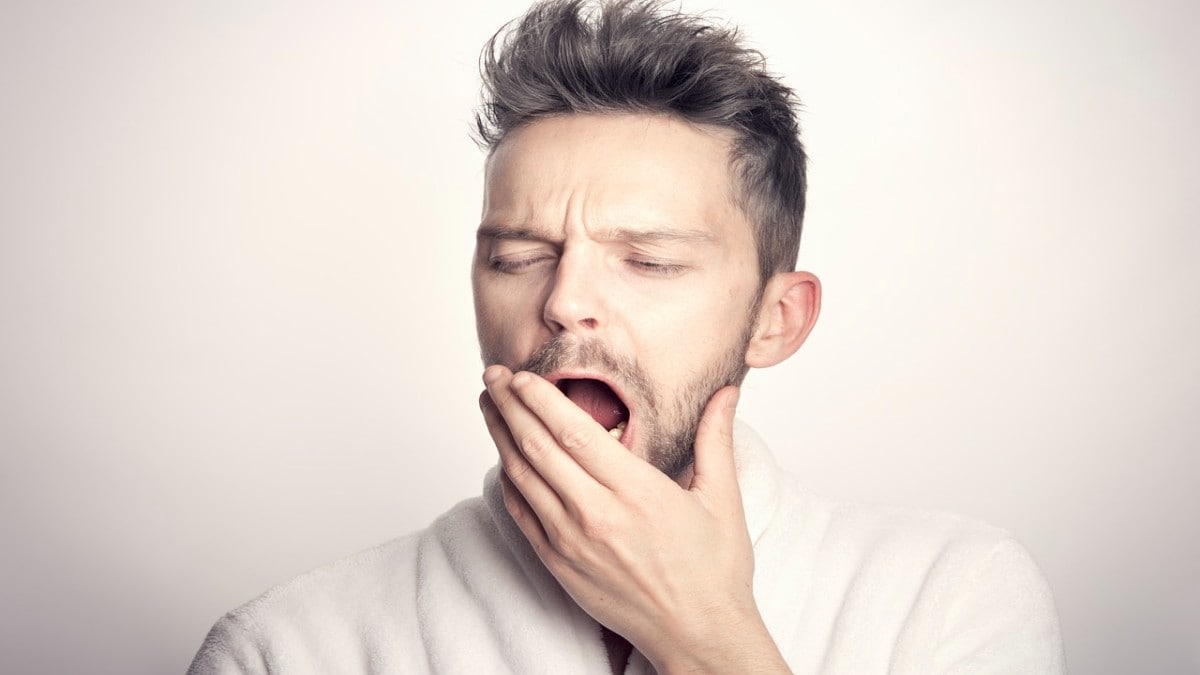
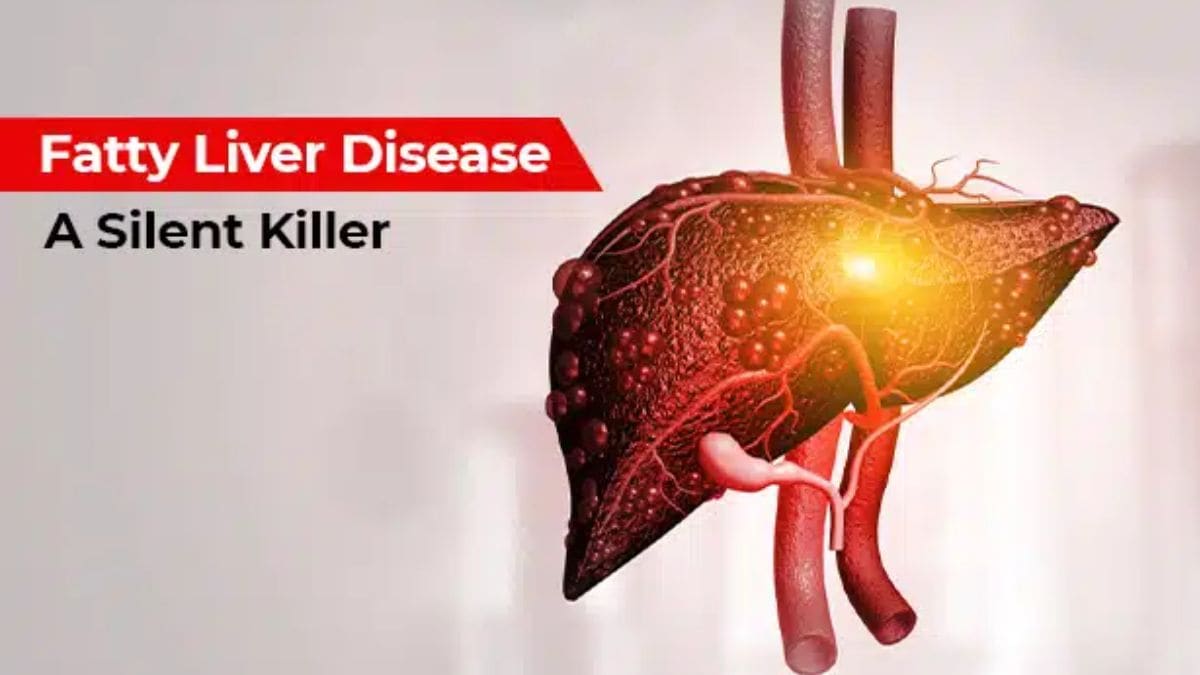
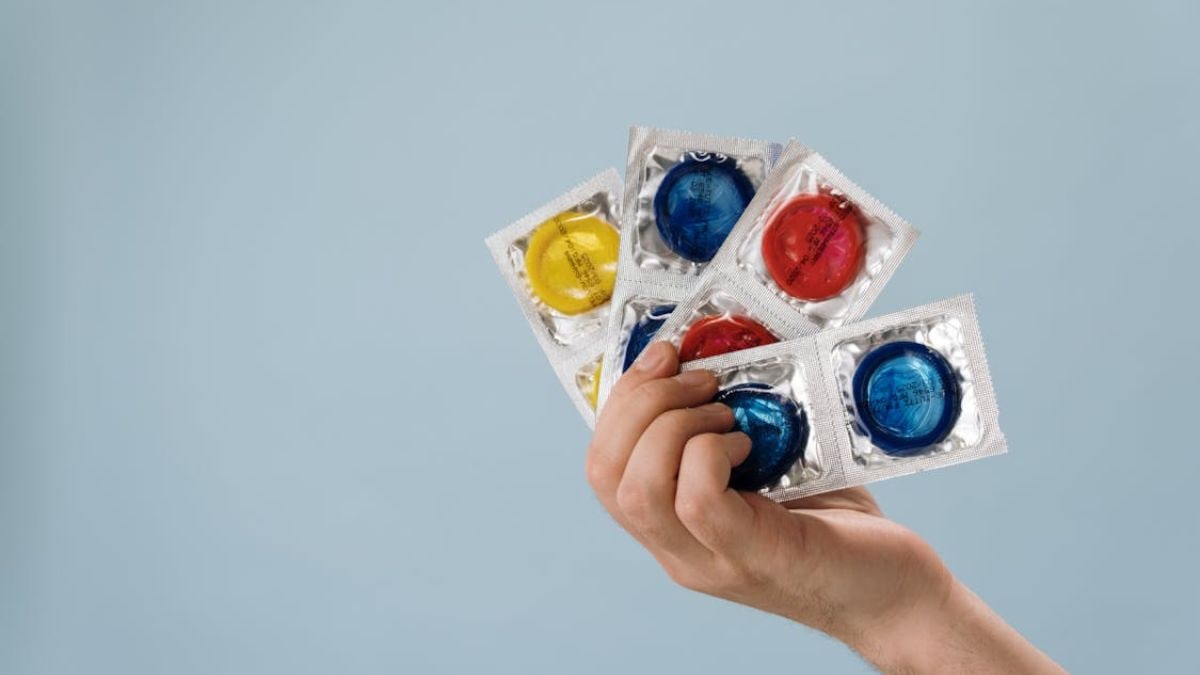
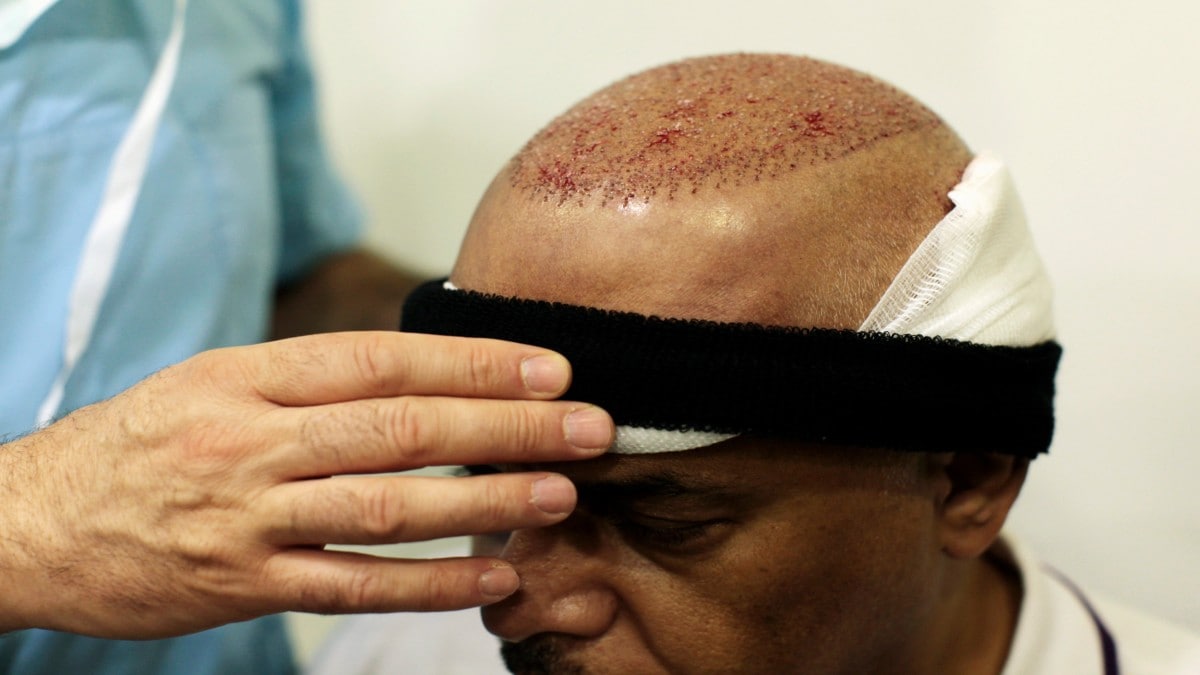

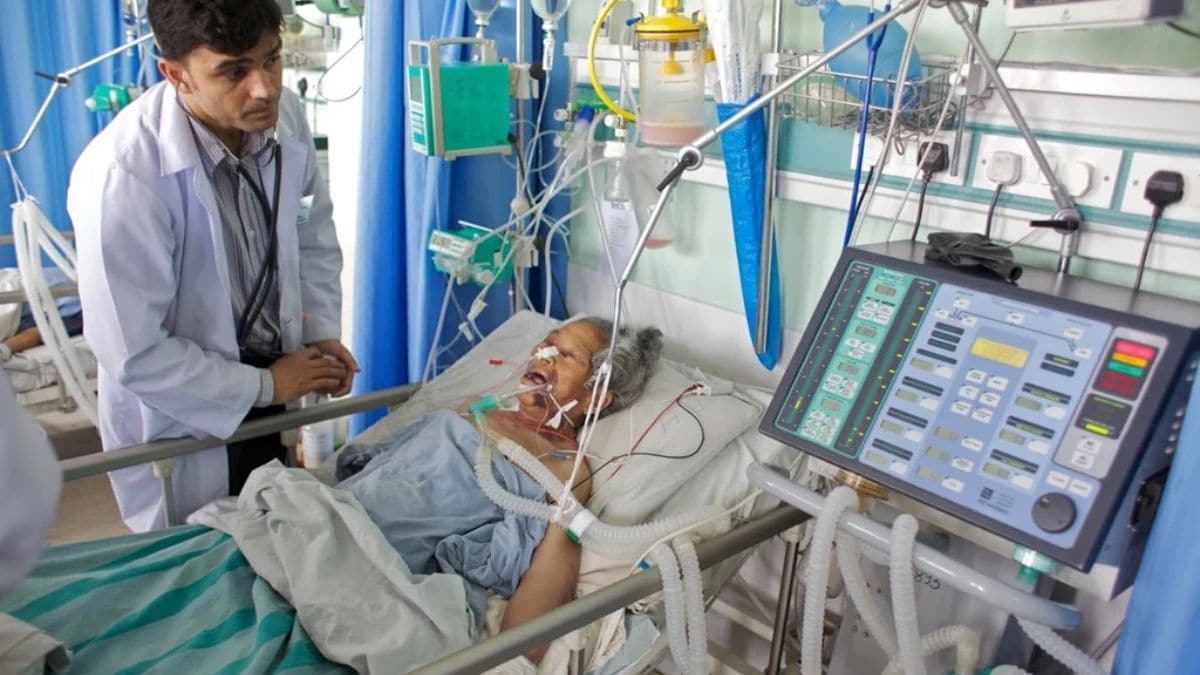
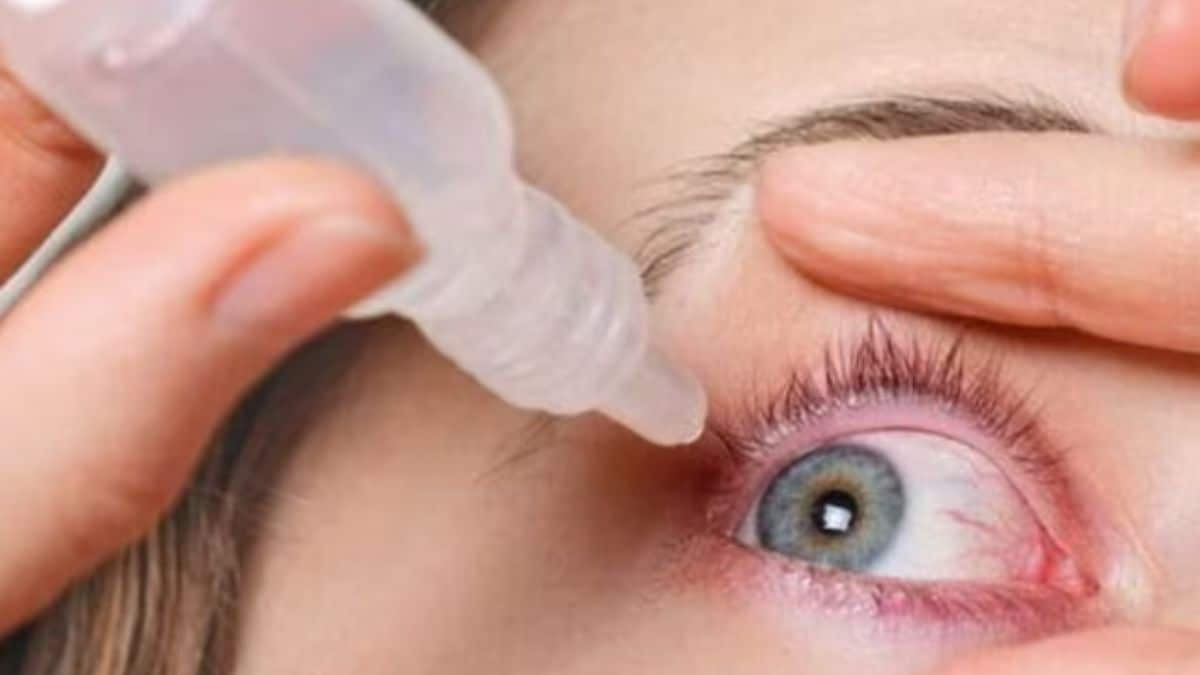


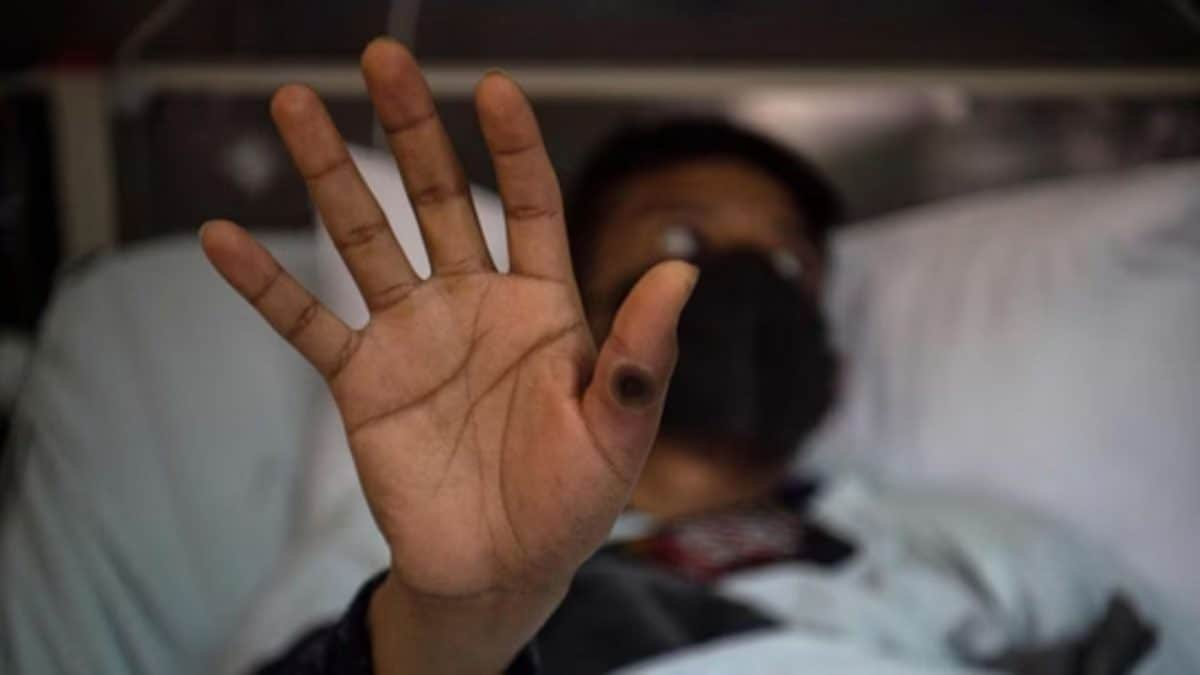
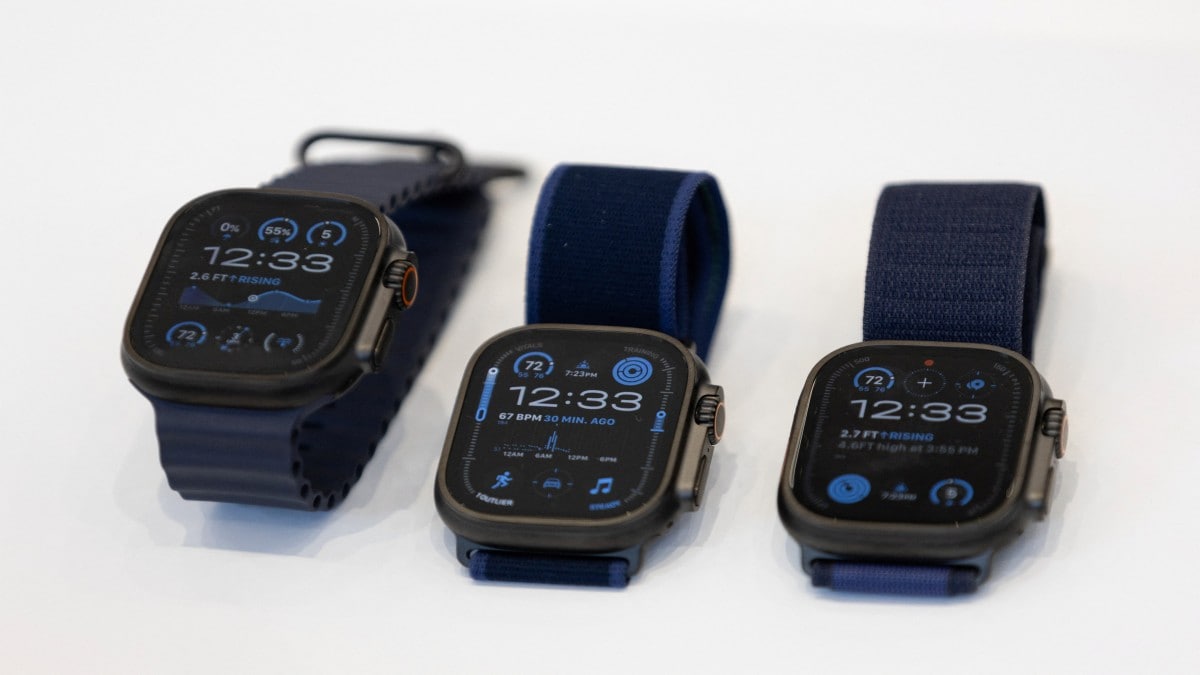

)
)
)
)
)
)
)
 English (US) ·
English (US) ·